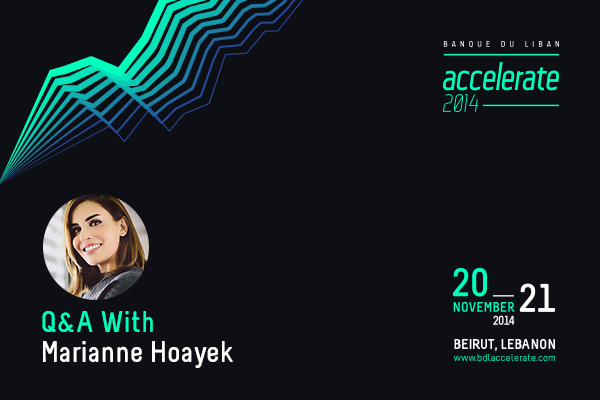Q&A with Yasser Akkaoui
Written by

Yasser Akkaoui,
Editor in Chief of Executive magazine & Founder of KConcept Holding
Beirut, Lebanon
Yasser Akkaoui is the founder of KConcept Holding, the mother company of Capital Concept, Prime Job, News Media and the Center for Strategic Studies. Yasser has become one of the reference names in Corporate Governance activism in the Middle East. He has been a committee member of Human Rights Watch in the Middle East since 2010, a member of the Organization of Economic Development and Cooperation’s taskforce for MENA stock exchanges, and the regional consultant for the Center for International Private Enterprise. In April 2010, he was invited to Washington by US president Barack Obama, along with delegates from around the world invested in advancing entrepreneurship, to discuss the state of entrepreneurship in the MENA. Since 2011, he has been the chairman of the Lebanese Center for Policy Studies. From 2008 to 2012, he has been a board member of the Lebanese Transparency Association (LTA), Transparency International’s Lebanese chapter and through LTA, he has co-founded the Institute of Directors in 2010 which aims at promoting good governance in Lebanon. Yasser also created PrimeJob, a headhunting agency working alongside some of the biggest companies throughout the Middle East. He is the founder of the Center for Strategic Studies, a non-profit organization engaged in awareness creation for employment concerns and resource development strategies for the 21st century. Yasser has been representing the interests of Executive Magazine since 2001, a media platform he uses to advocate reforms in the Middle East. Executive, established in 1999, is dedicated to providing its readers with in-depth and forward thinking analysis, solid reporting and punchy opinion on Middle Eastern business, economy and public policy. Yasser is the Vice Chairman of Young Arab Leader, and is also a Business Ethics instructor at the American University of Beirut. Since its inception in 2010, he has been a strategic partner for the Beirut Art Fair.
What kind of policies or regulatory frameworks Lebanon needs to work on in order to facilitate investments? Is there anything that’s currently being done in this regard?
In the absence of a modern private equity legal structure and a functional Beirut Stock Exchange, and without deeply rooted corporate governance principles, investors will shy away from our entrepreneurs. We are confident that the Capital Markets Authority is aware of its mandate – let’s hope they will be up to the task.
Is there something unique about Lebanese ecosystem? What is it and how can the country use it to up its startup game and compete with other ecosystems?
Educated and creative entrepreneurs together with skilled and hardworking craftsmen is our competitive advantage. When provided with the right framework that allows them to discover each other and cooperate towards achieving their ambitions all while satisfying investor’s expectations is the only strategy that will – without comparing to other ecosystems – serve the nation building exercise.


